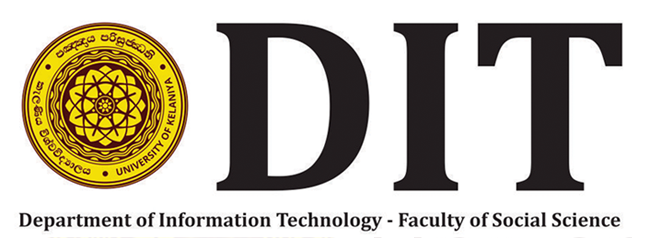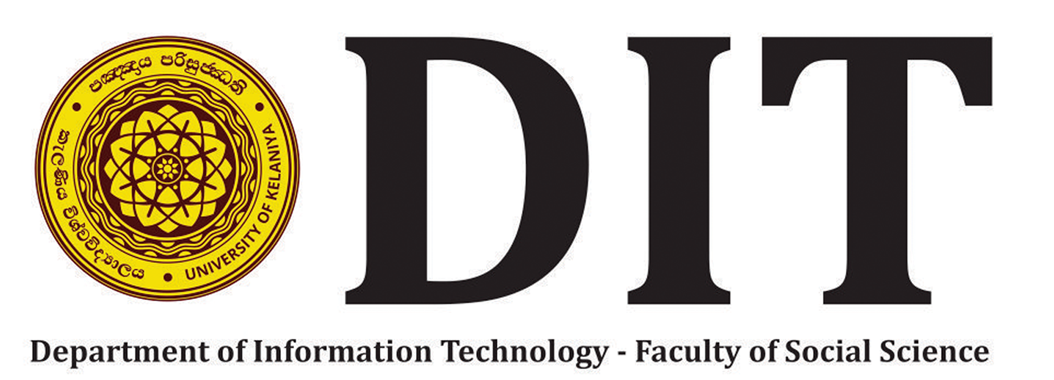- +72 286 4477
- dit@kln.ac.lk
- Mon - Fri 8.00-17:30
INTERNET TECHNOLOGIES & E-COMMERCE
- 00:00:00
Course code
INFO 11022
Key Facts
Internet Technologies & E-Commerce
Current Students
To access your official course details for the year you started your Diploma, please visit the handbook
Course Overview
The purpose of this course is to develop an overall understanding of Internet technologies & E-Commerce.
Course Content
Introduction to Internet
History and Development of Internets and Intranets, IANA, RIR/NIR/LIR, and ISPs for internet number management, Internet Domain and Domain Name System, Internet Access Overview, Internet Backbone Networks: Optical Backbone, Marine Cables, Teleports, Satellite, and Terrestrial Links
Internet Protocol Overview
TCP/IP and the IP Layer overview, IPv4 and IPv6 Address Types and Formats, IPv4 and IPv6 Header Structure, Internet RFCs, Protocols and client/server applications, Standard protocols: SMTP, E-mail, Message (RFC22), PGP, POP, IMAP, HTTP, FTP, N-Tiered Client/Server Architecture, Universal Internet Browsing, Multiprotocol Support
Strategic Overview on E-Commerce and E-Business
Explain the E-commerce and e-business, Identify the Perspectives of e-commerce, Explain and discuss the need and growth of e-Commerce
Importance and Application of E-Businesses in Contemporary Firms for Business Model Development
Explain Brick and motor, click and motor and click-based businesses, and the Potential of e-commerce and e-Businesses to develop effective business models, discuss how the e-business process links to organizational strategies in cost and quality-related competitive advantages
Strategic Position of E-Business in Internet-Based Business Models
Explain and discuss the Intranet, Extranet, and Internet, the growth of the Internet, and the use of the internet in e-Business, Explain and appreciate the categories of e-Commerce, examples of e-Businesses, and Buy-side and Sell-side e-Commerce
Strategic Use of Social Media in Digital Businesses
Illustrate the effectiveness of social media tools in digital businesses, Evaluate the effectiveness of social media in e-commerce activities, Assessing revenue models applied in the social media platform, Apply social media mix in branding, promoting, and developing stakeholder relationships







